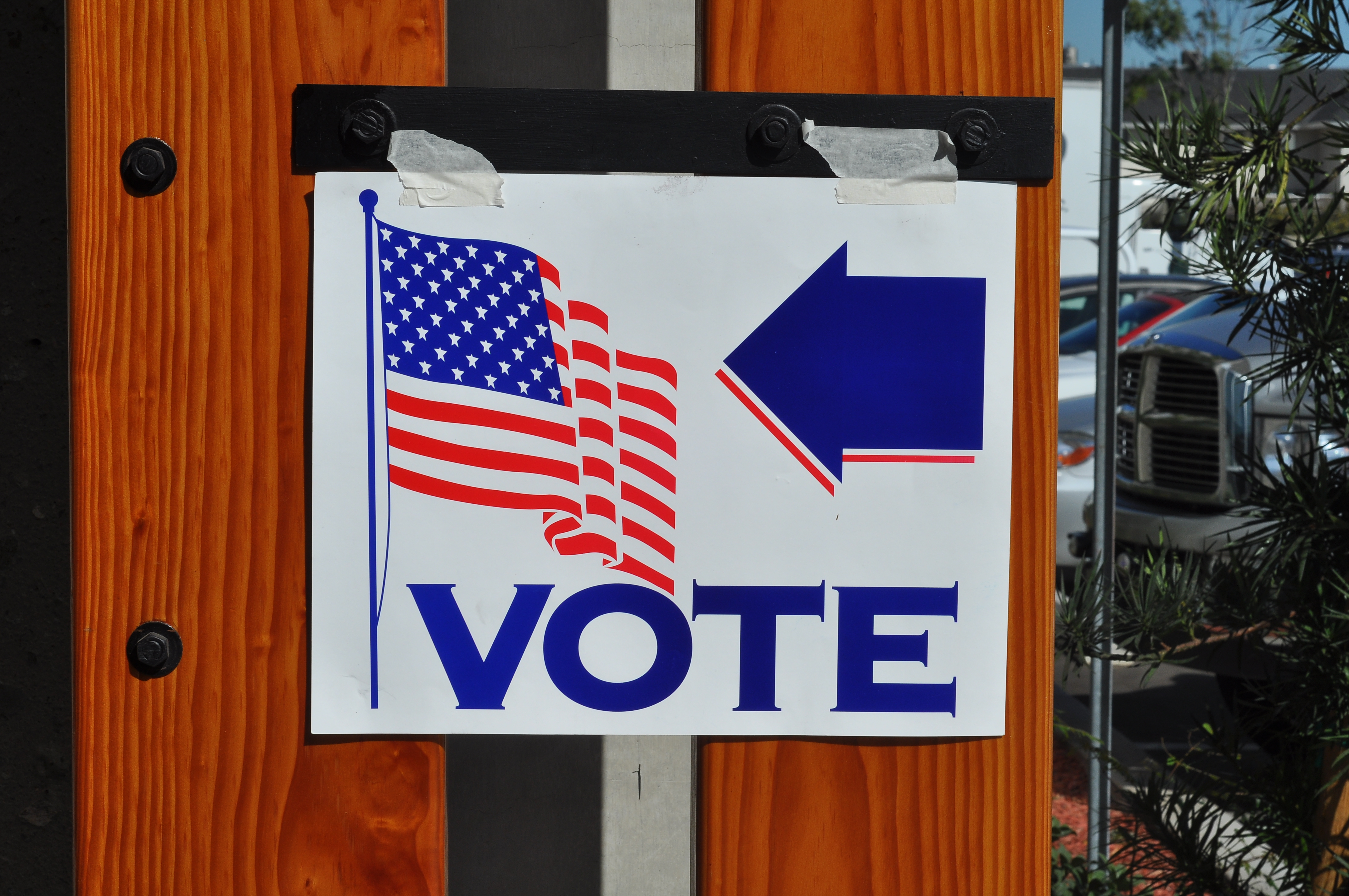The battle against disenfranchisement remains the longest running struggle for freedom in American history. A hydra of discrimination, the disenfranchisement of U.S. citizens has reared its countless menacing heads in every decade since our country’s inception. From the Boston Tea Party to women’s suffrage, many valiant efforts have mobilized to combat this injustice, often with extraordinarily successful results. However, this existential threat to our nation’s democratic foundations still lurks in the shadows of our government, preying on the very people least capable of resistance.
As a result of complex demographic trends, voter suppression disproportionately favors Republican political candidates, as Democratic general election turnout drops by aboutthree percentage points more than Republicans’ in states with strict voter ID laws. So it came as no surprise when on March 9, 2011, Republican Gov. Rick Scott quietly revised the Florida Rules of Executive Clemency, a state document concerning the civil rights restoration of ex-felons. The changes mandated a five-to-seven year crime-free period before felons can apply for restoration of rights, while also requiring a lengthy reinstatement application that can include a hearing. While underreported at the time, this shameless political calculation made it more difficult for about 1.5 million Floridians to regain their voting rights, including 23 percent of the black voting population in the state, allowing Scott to narrowly escape with a one-point victory in the 2014 Florida gubernatorial race.
But this blatant method of government-sanctioned discrimination, affecting 5.85 million Americans nationwide, pales in comparison to the ubiquity of more covert techniques. In its 2013 Shelby v. Holder case ruling, the conservative-dominated Supreme Court removed an essential provision of the 1965 Voting Rights Act, which required certain Southern states with legacies of race-related voter suppression to consult with the Justice Department before enacting additional voting laws. Incensed by the potential for the return of Jim Crow-era political fraud, dissenting Justice Ruth Bader Ginsburg likened the decision to “throwing away your umbrella in a rainstorm because you are not getting wet.” Her fiery remarks proved exceedingly prescient. Within weeks, several of these states passed laws implementing stringent new voter ID laws, almost exclusively lowering voter turnout among poor minority communities. However, similar veiled incidences of political cronyism had already taken root across the U.S. Thirty-three states maintain voter ID laws, the majority requiring government-issued photo identification.
To begin to justify such an extensive network of systemic voter oppression, supporters of such lurid tactics must overcome an almost insurmountable burden of proof, definitively demonstrating unprecedented scourges of rampant voter fraud. Extensive nonpartisan research studies have investigated this issue. The result? Out of more than 1 billion official votes cast at the state and federal level in the last decade, only 31 credible accusations of voter fraud have emerged. This cartoonishly heavy-handed response to a virtually nonexistent problem illustrates the intellectual depravity of the prorestriction argument.
For too long have demagogues and race-baiters divided our nation to achieve authoritarian longevity. When we politically marginalize the poor and the oppressed, it tarnishes the very foundation of our shining city on a hill, exposing the rusted core to the rest of the world. So speak up for those whose voices have been stolen, before yours is pilfered next.
Reuven Banks is a freshman enrolled in letters and sciences. He can be reached at rbanksdbk@gmail.com.



